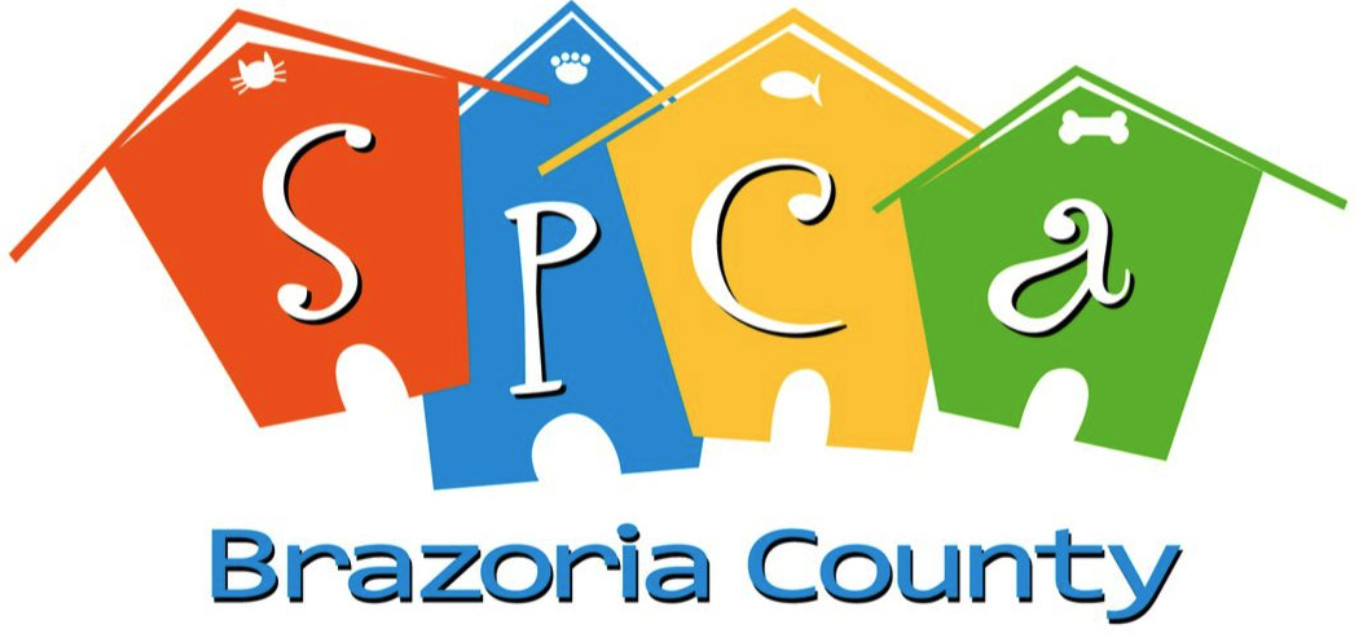The reclaim fees help offset the expenses of running the shelter. Remaining costs are funded by participating cities who contract with the SPCA of Brazoria County. The majority of our expenses are covered through fundraising, grant writing, and the generosity of our community.
All of us, including all of the animal control officers from our partner cities, WANT EVERY ANIMAL TO GO HOME AS SOON AS POSSIBLE. We work tirelessly day in and day out to get these animals off the streets and into a safe place and then back to the owners when possible. None of us can act outside the scope of the law. If we are not able to return the animals to the owners, we get them adopted into new families as soon as possible. We don’t want any animal to have to stay in the shelter one minute longer than necessary. Under County ordinance, animals are only held for reclaims for 72 hours or 5 days in the event that they are wearing a current rabies tag, city license tag, or are microchipped. We cannot hold them any longer than this because we do not have sufficient space. As soon as the hold period is up, we try as hard as we can to get them adopted as quickly as we can.

